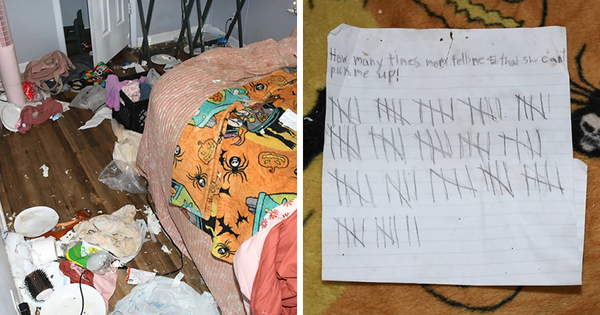
Zurich (AFP) - UBS announced Wednesday it will bring back former chief executive Sergio Ermotti to handle the huge risks involved in the Swiss banking giant's controversial absorption of troubled rival Credit Suisse.
UBS chairman Colm Kelleher said the board thought Ermotti would be a "better pilot" than current CEO Ralph Hamers to steer the new megabank through the integration phase, following the shotgun marriage of Switzerland's two biggest banks.
Ermotti spent nine years restoring UBS's reputation after its bailout by the Swiss government and the central bank during the 2008 global financial crisis, as well as the $2.3 billion in losses racked up by a rogue trader in 2011.
"There's a huge amount of risk in integrating these businesses," Kelleher admitted during a press conference in Zurich.
UBS and Credit Suisse, the second-biggest bank in Switzerland, were both among the select banks around the world considered to be global systemically important financial institutions (G-SIFIs) and therefore deemed too big to fail.
Kelleher said it was "the biggest single financial transaction" since the 2008 global crisis.
The $3.25 billion UBS takeover of Credit Suisse was hastily arranged by the Swiss government on March 19 to prevent a global financial meltdown following fears of contagion from the collapse of banks in the United States.
"I would argue it's bigger than any deal that was done in 2008, because it's the first time two G-SIFIs have merged.That brings with it significant execution risk," Kelleher said.
"I cannot re-emphasise how big this deal is in terms of financial history."
UBS shares closed up 3.7 percent on the Swiss stock exchange Wednesday at 18.40 Swiss francs each.
Call of duty
Ermotti, 62, was the UBS chief executive from 2011 to 2020.He is currently the chairman of reinsurance giant Swiss Re.
The Swiss banker is due to resume his UBS post on April 5, while Hamers will remain at his side during a transition period.
"The debate is not too big to fail: rather, it's too small to survive -- and we want to be a winner out of this," Ermotti said, after feeling the "call of duty" to return.
Andreas Venditti, an analyst at Swiss investment managers Vontobel, said UBS's priorities had clearly changed, and thought Ermotti was the "right person...given his experience of successfully transforming UBS after the global financial crisis."
Flora Bocahut, an analyst at the US investment bank Jefferies, said Ermotti was a well-known figure and "benefits from a strong and adequate track record for the upcoming (challenging) task of restructuring and integrating Credit Suisse".
Credit Suisse was embroiled in a series of scandals in the years leading up the March 15 share price collapse, when investor confidence plunged following two bank failures in the United States.
It got its fingers burned in the bankruptcy of the British financial company Greensill and the implosion of the US hedge fund Archegos, was caught up in a bribery scandal in Mozambique involving loans to state-owned companies, and was fined $2 million in a money laundering case linked to a Bulgarian cocaine network.
US Senate probe woes
Within hours of Ermotti's appointment, there was more grim news regarding Credit Suisse's troubled history.
A two-year US Senate Finance Committee investigation said the embattled bank had failed to disclose more than $700 million in previously undeclared accounts since 2014, in violation of a plea deal with the US Department of Justice (DOJ).
"At the centre of this investigation are greedy Swiss bankers and catnapping government regulators," said committee chair Senator Ron Wyden.
"The result appears to be a massive, ongoing conspiracy to help ultra-wealthy US citizens to evade taxes and rip off their fellow Americans."
Credit Suisse pleaded guilty in 2014 to attempting to aid and assist US taxpayers in filing false income tax returns.
As part of a plea deal with the DOJ, the bank paid a fine of more than a billion dollars and agreed to make a complete disclosure of its cross-border activities, disclose previously undeclared accounts and cooperate with requests for account information.
Kelleher said there were clearly parts of Credit Suisse that had a "bad culture", primarily in its investment banking, and he did not want to import that into UBS -- though he said its retail banking and wealth management were "probably really quite clean".
"We have to put everybody through a culture filter," Kelleher said.







